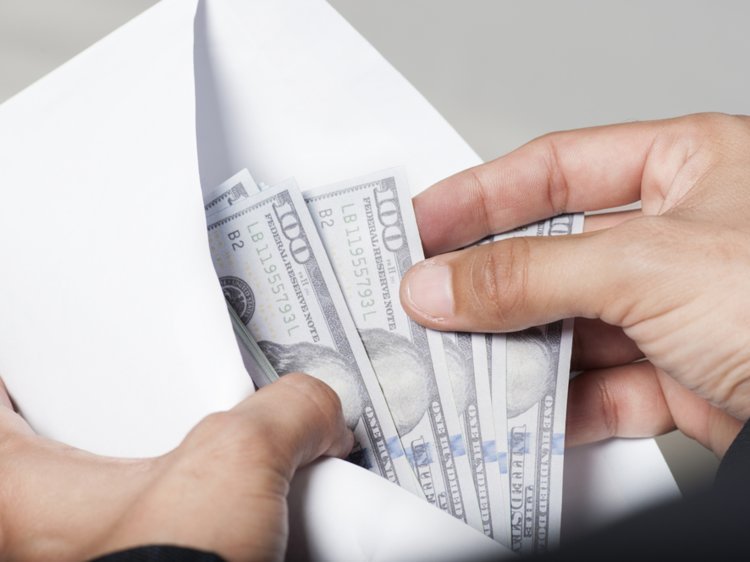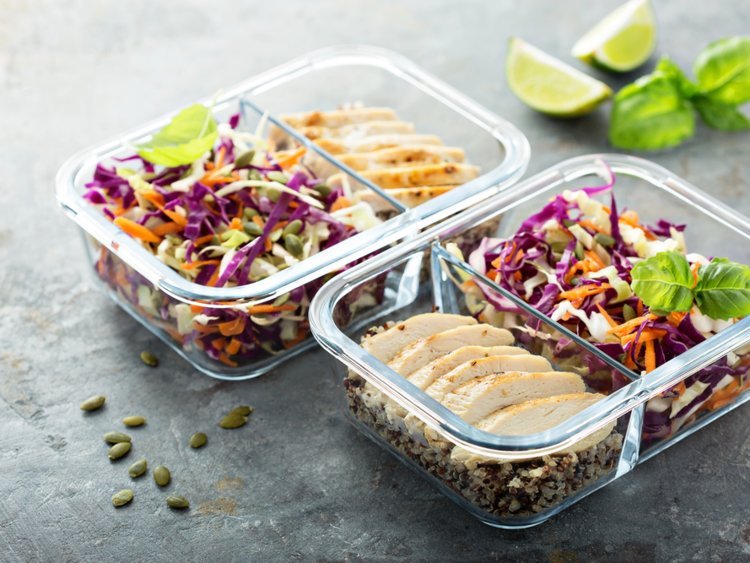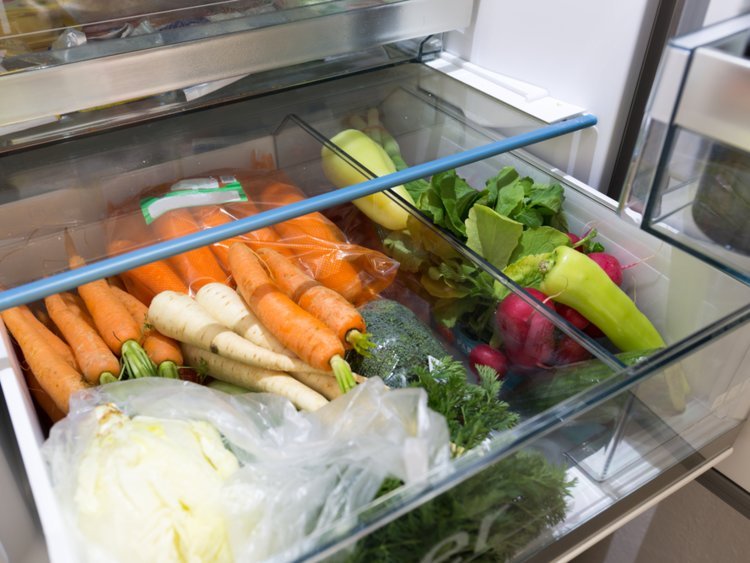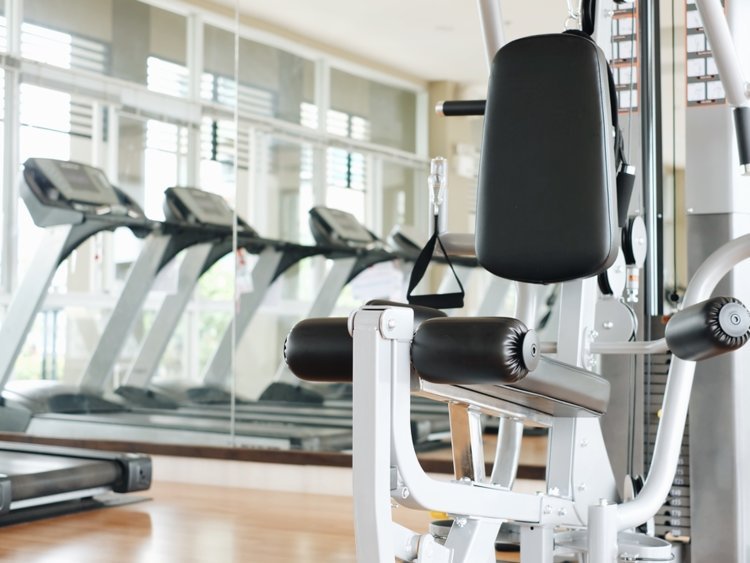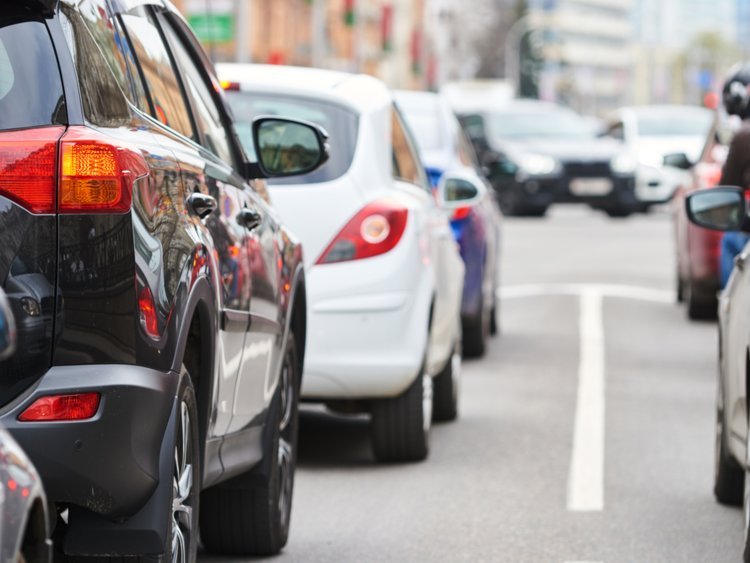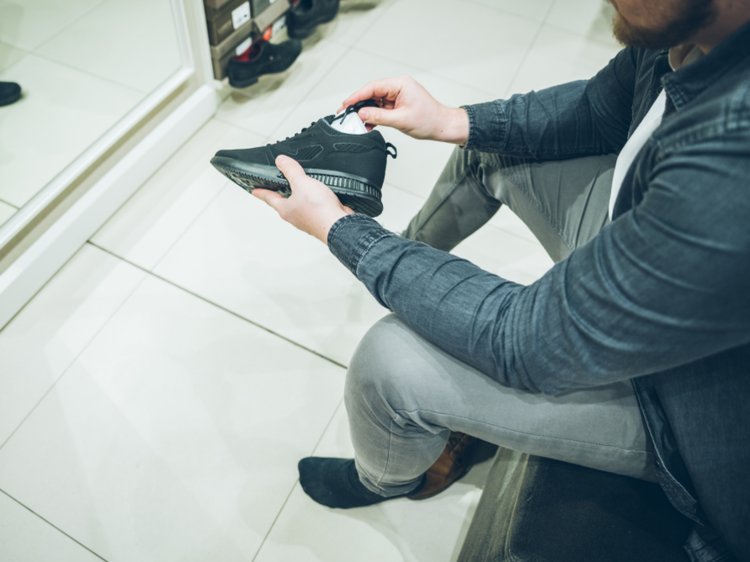So, you’re thinking about saving up for the future, which probably means it’s high time you reviewed your budget and spending habits. Here are some vital tips to help you dramatically improve your personal finance situation.
1. Create an automated savings plan
It’s rather difficult to spend the money that you don’t have access to. If you set up an automatic transfer from a checking account to a savings account, there will be no temptation to withdraw and spend this money. It is best to do so after getting a pay raise — then you won’t even notice the change.
2. Use the envelope system
Many people use budget apps or spreadsheets, but if you truly want to stick to the budget, use the envelope system. With this system at the beginning of every month, one stuffs cash into several envelopes — each for different budget categories. When you see that the money comes to an end in a certain envelope, it’s a sign that you should slow down. Also, you shouldn’t move money from one envelope to another, this will help you keep your finances in check.
3. Look for specials and discounts
Found another food catalog in your mailbox? Think again before throwing it into the garbage — it can actually help save your hard-earned cash. Look through it at the beginning of the week and find the discounts you need. If there are things that you have to buy anyway, and they have a long expiration date, you can always buy them for the future.
4. Get a meal plan
How many times a week do you drop by your nearest supermarket to grab a bottle of milk or a bag of frozen peas? Many of us buy food without even thinking about the menu for the week, so we end up throwing a lot of it away. The solution? Create a meal plan for the week, get only the things that you need, and stick to that plan.
5. Take food inventory
Buying unnecessary food is wasteful, however, many of us do it. We keep forgetting that there is a box of oatmeal in the back of the cabinet or no salt left. To avoid buying unnecessary things, create a digital food inventory and check it before going to the store. You can use Google Keep, so it is always available on your phone. You can keep track of what’s in your pantry even on an unplanned trip to the supermarket.
6. Take a walk
If your work is 10 miles away from home, you have to use a car or public transportation to get there. But if there is at least a short distance you can walk, make sure to do it. This will benefit both your health and wallet — you’ll save money on the gasoline, transport fare, or taxis.
7. Get a saving companion
It’s hard to save money when everyone around you is spending like there is no tomorrow. If you find a like-minded person, you can arrange some kind of a friendly competition: like who is the first one to put aside $500 — the one who loses buys a dinner.
8. Cancel subscriptions you don’t need
Some people constantly pay for things they never use. This may be a gym membership where you go once a week, or a paid video channel, which you barely watch. Review your expenses, and you will probably find at least one budget drain there — and the earlier you cancel, the more you save.
9. Ditch the car if you don’t use it daily
If you only use your car to occasionally go to a store or out of town, it is better either to rent one or use a taxi, or a car sharing service. In addition, a car you don’t have cannot break down or get stolen.
10. Embrace carpooling
Of course, getting to work by car is very convenient — you can come and leave as you please. However, if you’re serious about saving up, you can always find a coworker who lives nearby and is eager to give you a lift.
11. Don’t spend what you’ve saved
So, you have already sold your car and paid off loans which used to take up a significant part of your income. It is now important not to toss away the money you’ve saved, but rather keep it for the future. You can spend a small part of it as a reward and send the rest to a savings account.
12. Save your spare change
Say, you buy your venti latte at Starbucks, pay $4.15 and get your $0.85 change. There are apps like Acorn to help you automatically send the change to a savings account.
13. Don’t make big purchases right away
There is a tip for dieters: when you feel hungry, drink a glass of water and wait for half an hour — it may turn out that you weren’t hungry after all. This piece of advice also works for big or extravagant purchases. If there are clothes or gadgets you want to buy, wait for a day — it is very likely that you will change your mind.
14. Ask for a discount
Sometimes the best way to reduce your expenses is to simply ask to pay less. This works for services like cable TV or dry cleaning. If you are a regular customer, do not hesitate to ask for a discount, because even a small reduction in price will result in significant savings over the year.
15. Review your budget quarterly
Life goes on, our habits and needs change. So it’s useful to revise the budget every three months and look for expenses you can reduce. For example, in the spring and summer, save on the transport costs. In winter, you spend less money on restaurants and concerts — just watch a movie at home. In general, there are lots of options, just remember to check your expenses and be creative.




